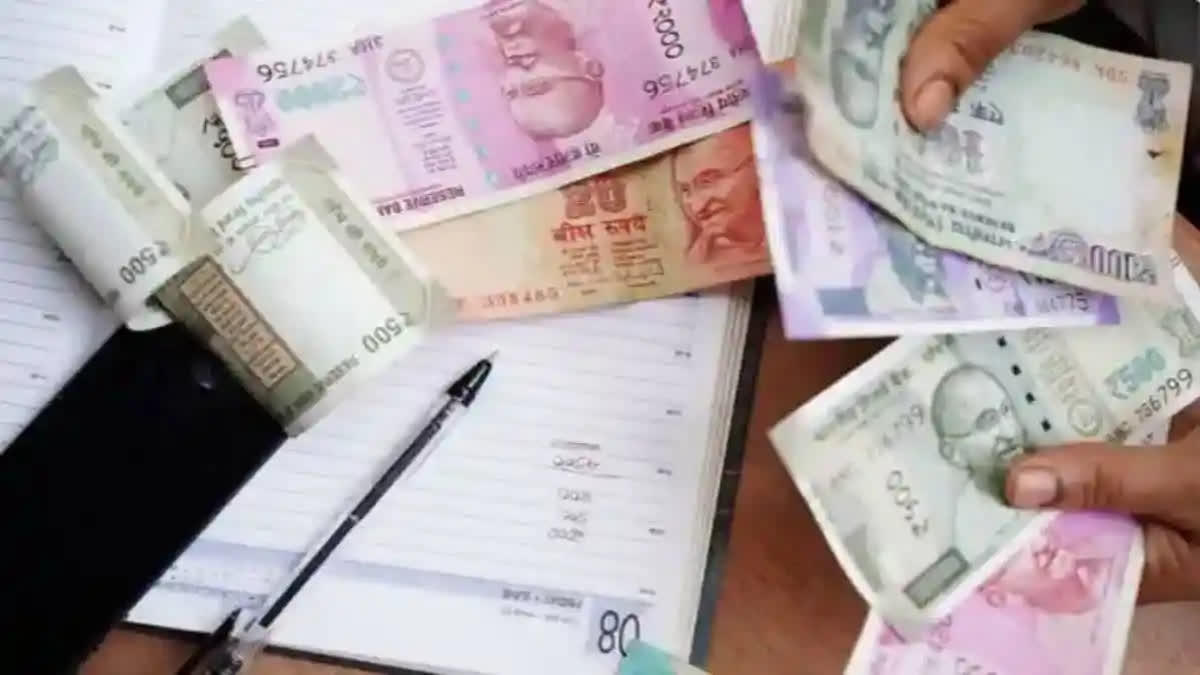Hill state of Uttarakhand has budgeted the revenue surplus at 1.2 percent of the gross state domestic product (GSDP) for the next financial year which appears an ambitious target for the state as economists at a sovereign rating agency believe that the revenue surplus is expected to be 40 basis points lower than the state government’s budget estimate mainly due to optimistic revenue receipts and nominal GSDP assumptions.
Analyses of the state’s finances over the years showed that despite Covid-19 global pandemic, the state has been in revenue surplus since FY 2020-2021 which was in deficit during the preceding five years, from FY 2014-15 to 2019-20.
An analysis by India Ratings and Research, a sovereign rating agency of the Fitch Group, showed that Uttarakhand’s revenue surplus as per the revised estimates for the current financial year moderated to 0.9 percent of the state’s GDP compared to the budget estimate of 1.3 percent of the GSDP.
This was largely due to lower revenue receipts to the tune of Rs 24.3 billion. Although the state also controlled its revenue expenditure, it was only to the tune of Rs 11.6 billion. As a result, the fiscal deficit has been pegged lower at 2.2 percent of the state GDP as per the revised estimates which was budgeted at 2.7 percent.
However, the state’s lower fiscal deficit for the current financial year than its budget estimate was on account of reduced capital expenditure by over Rs 28 billion.
Despite Covid, Uttarakhand’s fiscal deficit has been much lower than the prudential norm of 3 percent of the state’s GSDP from FY 2020-21 onwards which was much higher during the preceding five years as it averaged at 3.3 percent of the state’s GDP during FY 2014-15 to FY 2019-20.
However, analysis of the fiscal data reveals that Uttarakhand has been spending lower than its budgeted expenditure. For example, the total expenditure during FY21-FY24, as per the revised estimates, was 89 percent of the budgeted amount.
It means that the state was spending 11 percent less than its budget expenditure during its period.
According to the agency analysis, higher dependency on grants which averaged at 85.1 percent of the budgeted amount during FY21-FY24 as per the revised estimates could be one of the reasons.
However, the state’s own tax revenues (SOTR) increased to an average 5.4 percent of GSDP during FY21-FY24 (RE), up from 5.2 percent during FY15-FY20.
Reduced capital expenditure to help achieve fiscal deficit target
For the next financial year, the state has set the target of achieving the fiscal deficit at 2.4 percent of the state’s GDP.
“A likely lower-than-budgeted capital expenditure could help the state achieve the FY25 budgeted fiscal deficit target of 2.4 percent of GSDP,” says Anuradha Basumatari, Director of Public Finance of India Ratings and Research.
“Thus, the fiscal deficit would be well within the indicative limits of the 15th Finance Commission (15FC, 3.0 percent of GSDP,” she told ETV Bharat in a statement.
Though the state government has been able to keep its fiscal deficit under the limit indicated by the 15th finance commission which is a constitutional body, its GDP growth assumptions are more optimistic in nature than they are achievable.
For example, the budget proposals of the government of Uttarakhand for the next financial year revolve around the assumption of a nominal GSDP growth rate of 14 percent. It is the same as for the current financial year as per the revised estimates.
According to the rating agency, it looks optimistic given that Uttarakhand’s nominal GSDP growth rate averaged 8.3 percent during the last seven financial years (FY 2015-16- FY 2022-23).
Reduced grants from Union to affect Uttarakhand’s revenue receipts
According to the rating agency, lower Union Government grants are likely to Impact Uttarakhand’s revenue receipts in the next financial year. As a result, the revenue receipts of the state are expected to be lower than its budget estimates.
For example, in its budget for the next fiscal, the grants have been estimated to grow by 5.7 percent to Rs 195.3 billion in the next financial year which is contrary to the trends witnessed across states.
States in aggregate have budgeted the grants to fall by 7.4 percent in the next financial year as per their budget estimates. The agency said that it expects the grants from the union government to the state to come in at around Rs 180 billion, lower by 15.3 billion than its budget estimates.
It however, said that the state government’s assumptions pertaining to the state’s own revenues and share in central taxes appear to be realistic.
Optimistic capital expenditure target
Another crucial aspect of Uttarakhand’s next year budget appears to be more optimistic than realistic. Both the Union government and state governments are spending a higher amount of their budgets on capital expenditure, which is basically money spent on building infrastructure such as roads and highways, schools, hospitals and power plants to support economic growth.
Uttarakhand has also projected its capital expenditure for the next financial year to be around Rs 143 billion, which is a massive increase of 35 percent on the year-on-year basis. However, the economists at the rating agency believe that Uttarakhand’s capital expenditure would be in the tune of Rs 125 billion as against its budget estimate of Rs 142.8 billion.
For example, according to the agency’s calculations, the average growth in Uttarakhand’s capital expenditure during FY 2015-16 to FY 2022-23 works out to be 7.2 percent. Moreover, the state has been spending less than the budgeted capital expenditure. The agency’s analysis showed that Uttarakhand’s actual capital expenditure stood at an average 81.7 percent of the budgeted amount during FY 2020-21 to FY 2023-24 as per the revised estimates.
“Factoring in all of this, the agency opines that the budgeted capex therefore appears to be stretched,” the rating agency said in its report.
Read More



